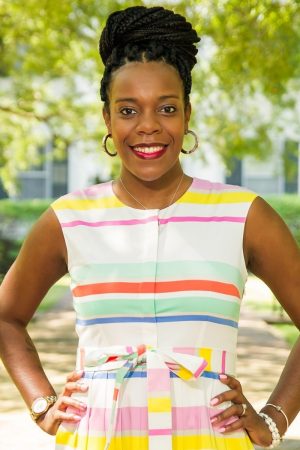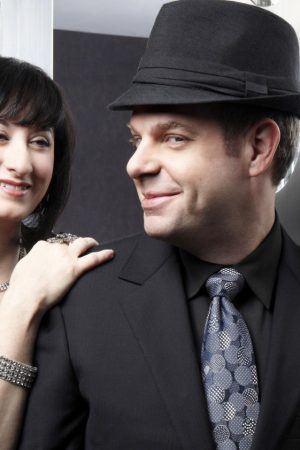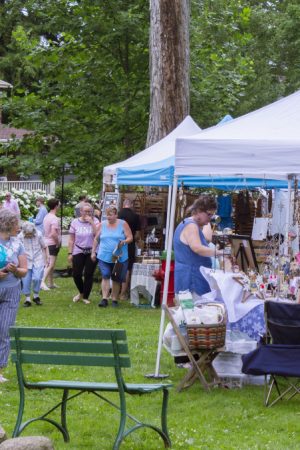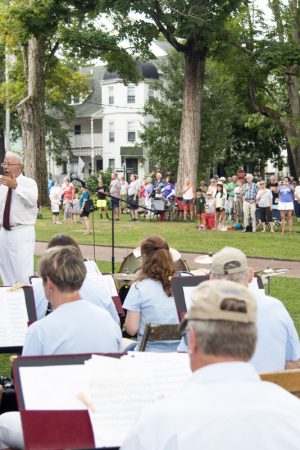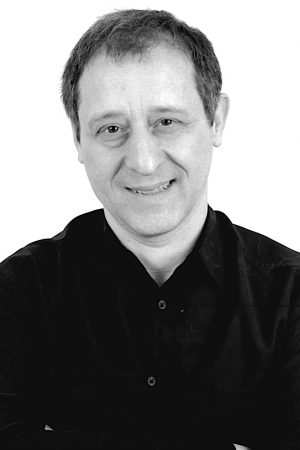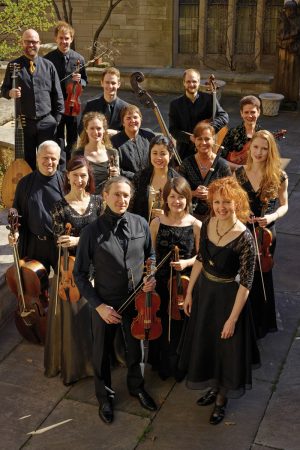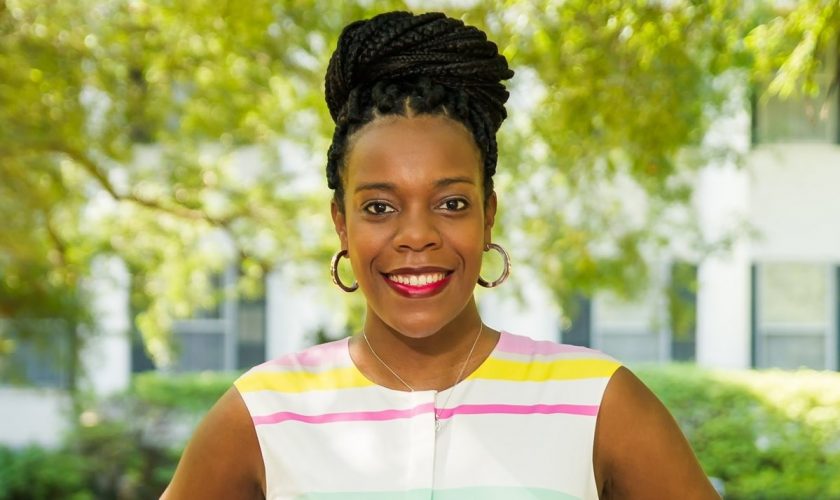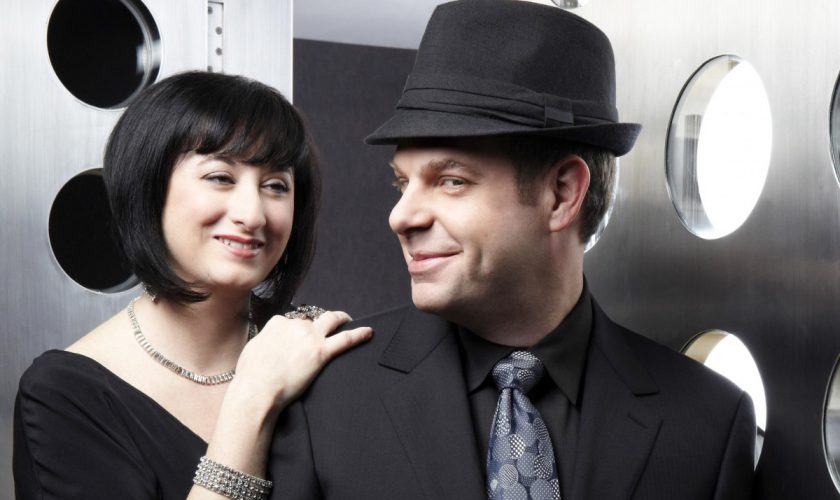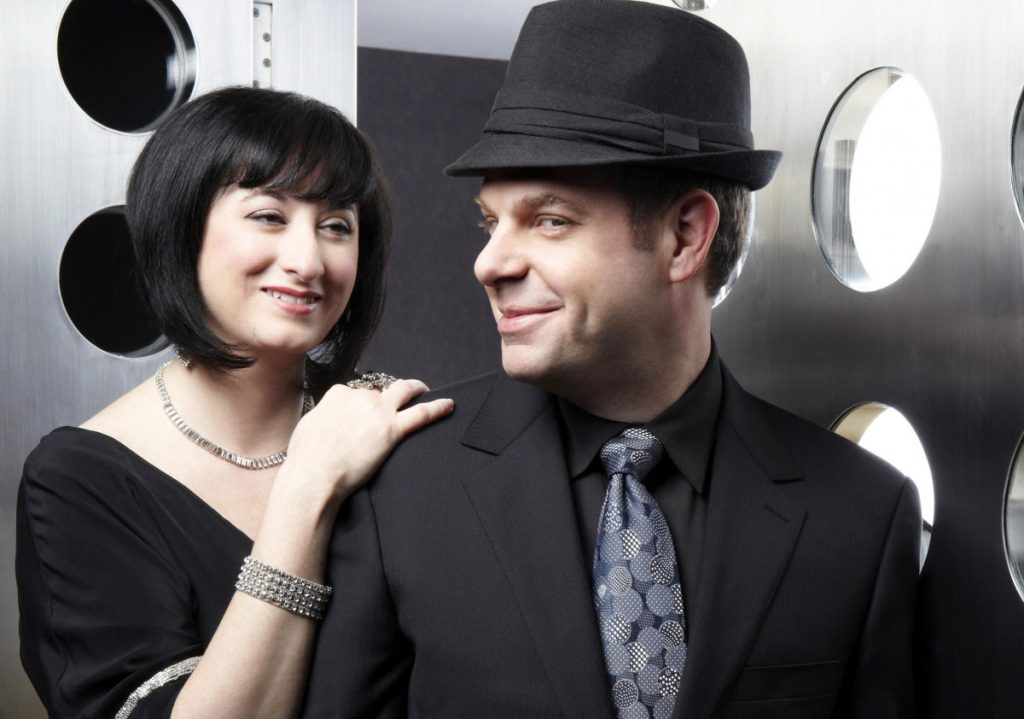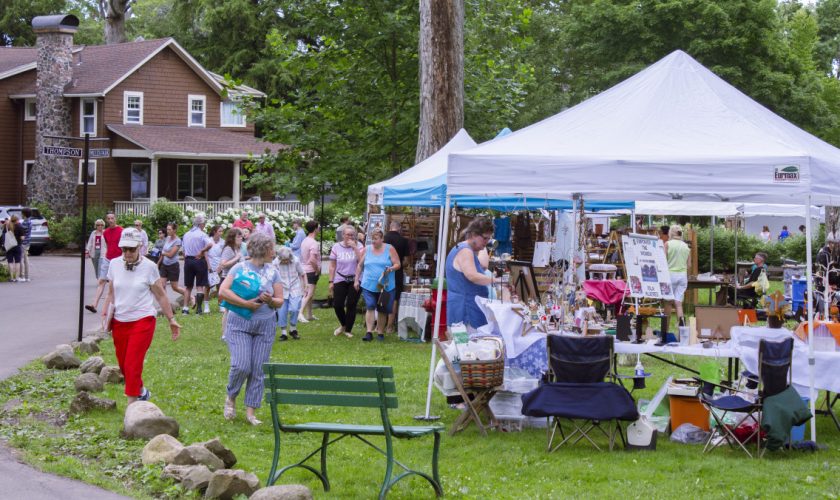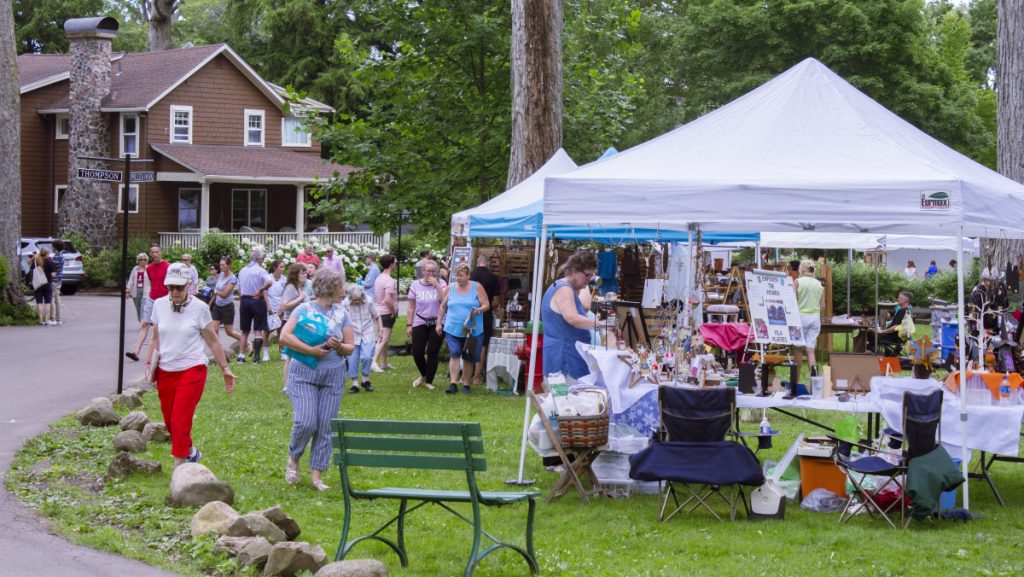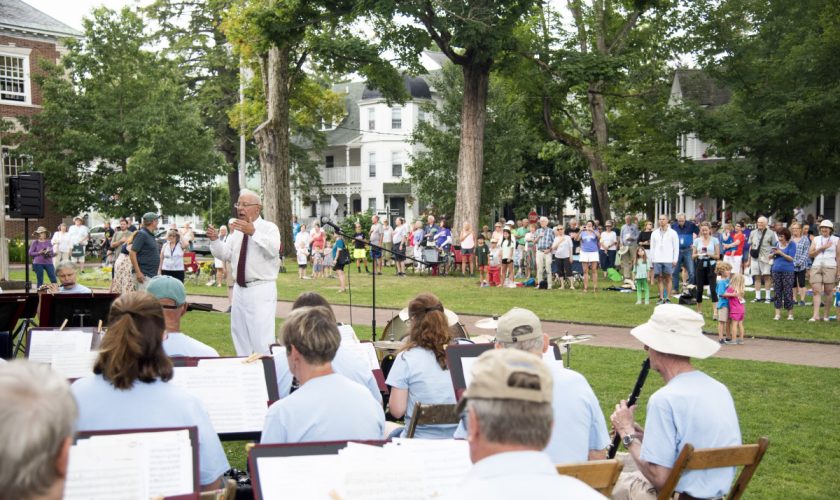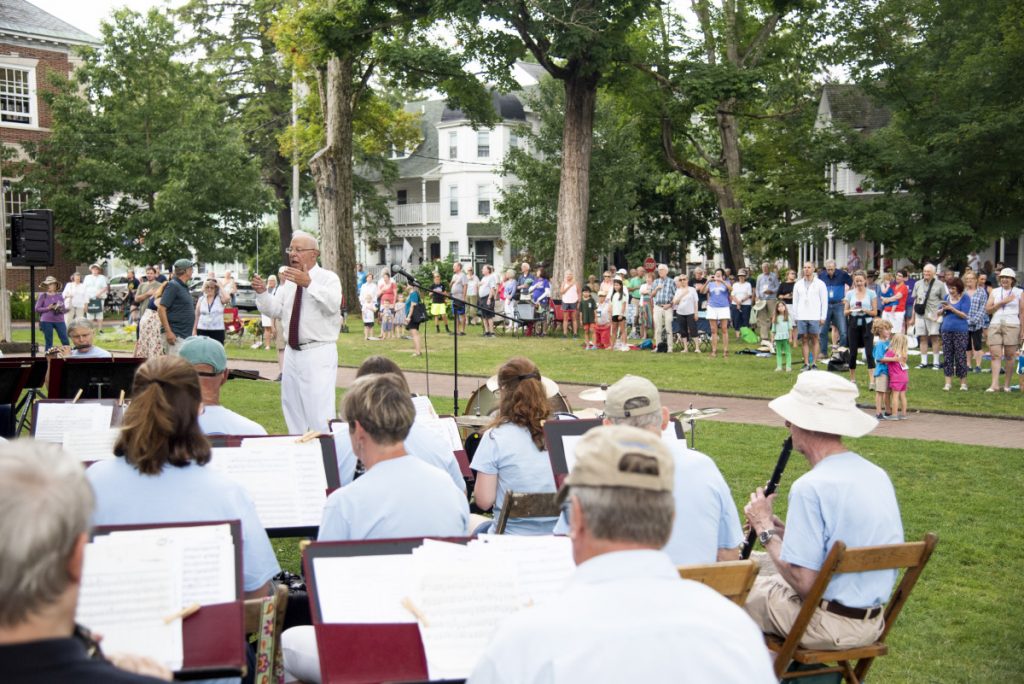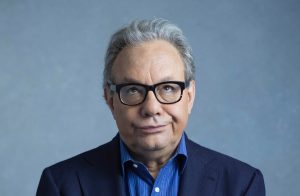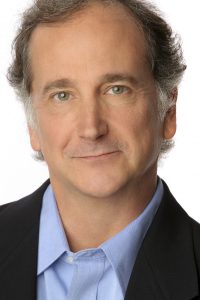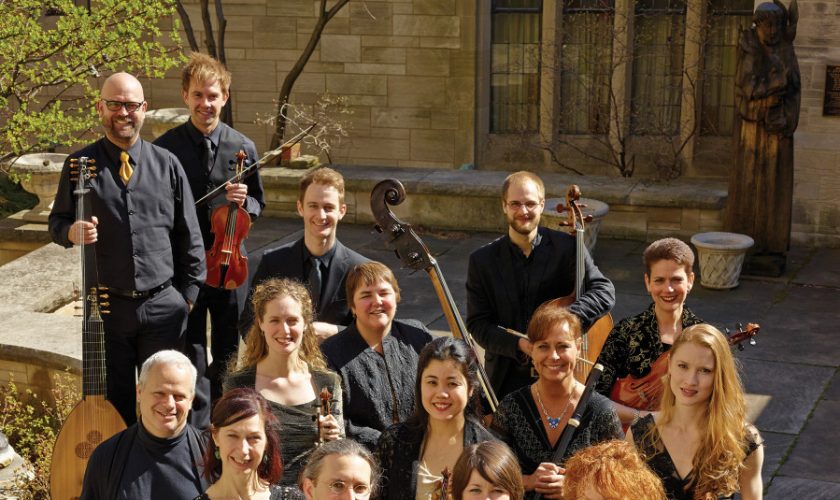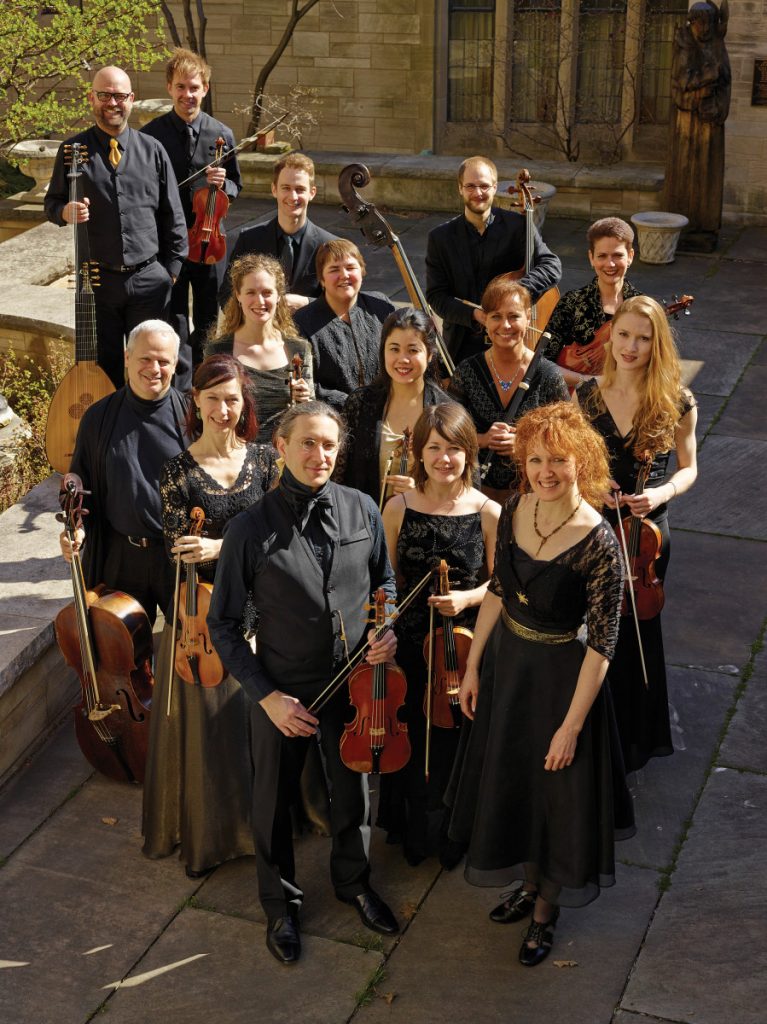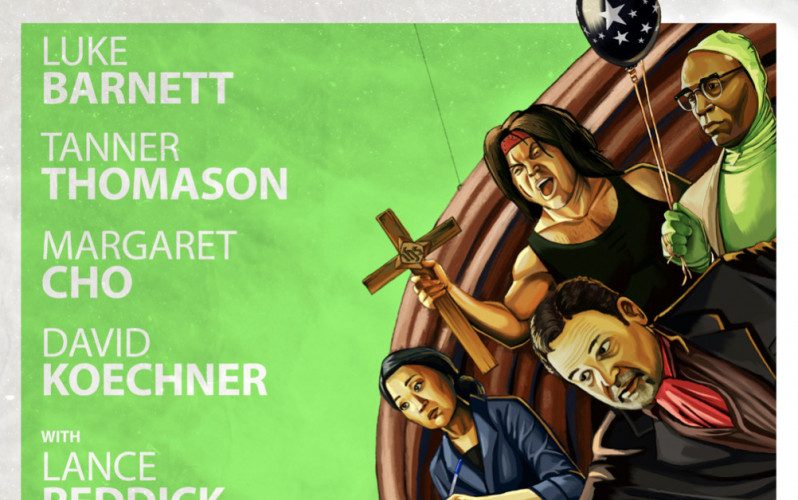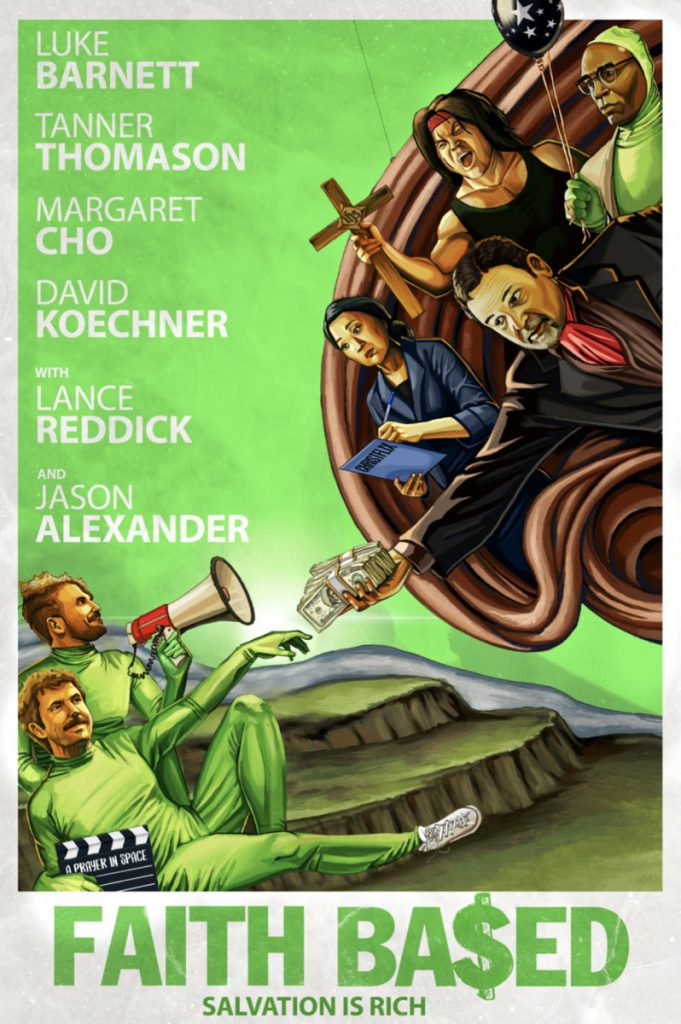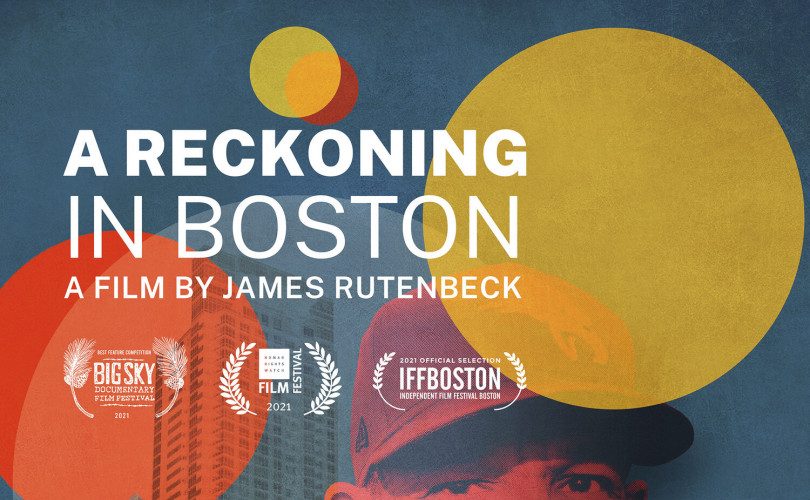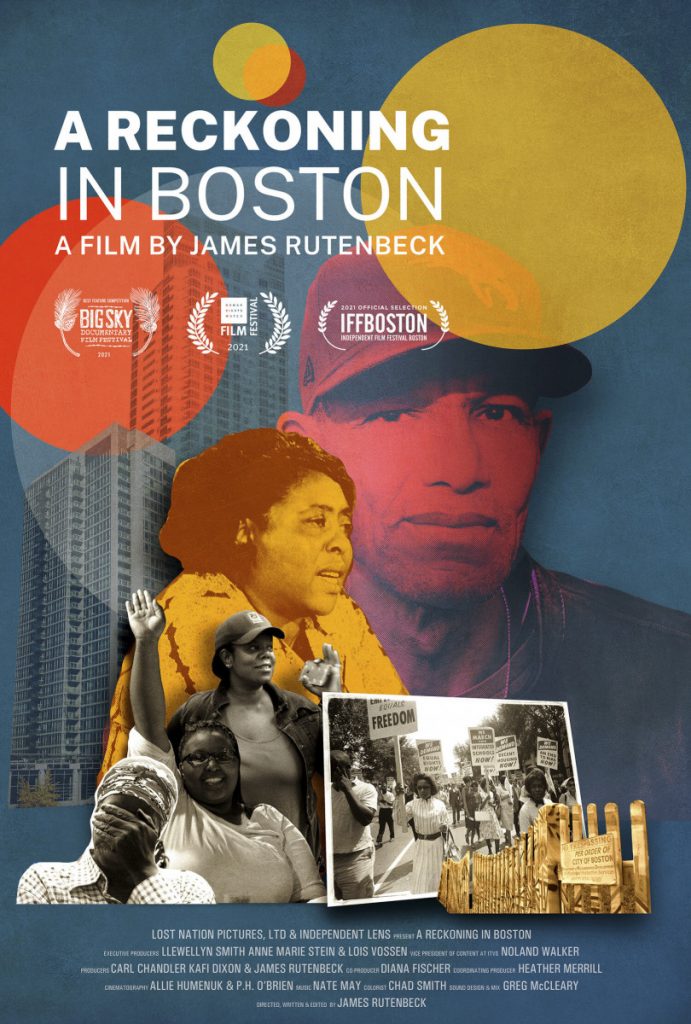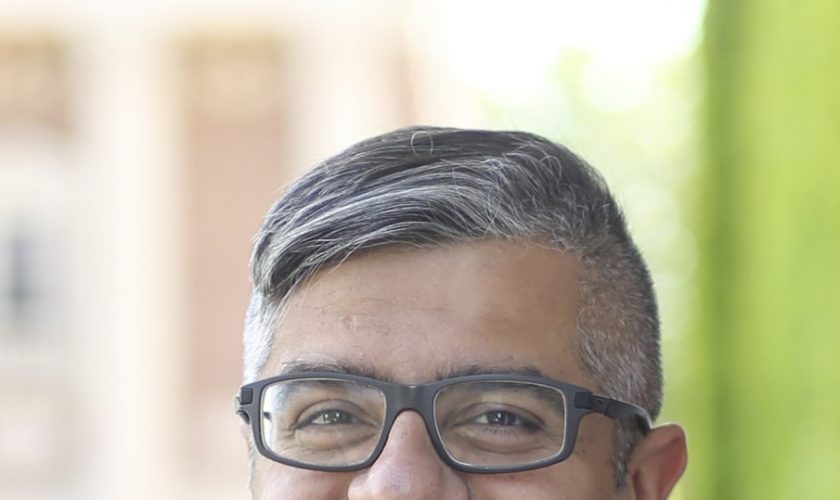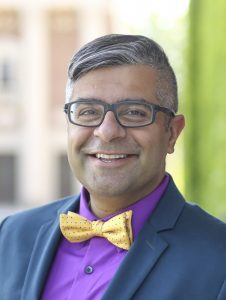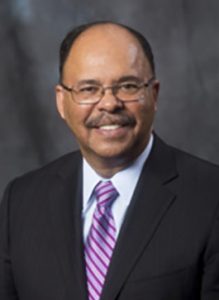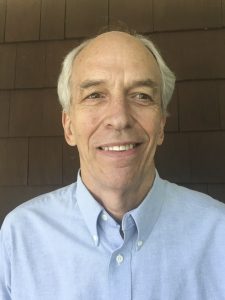MAX ZAMBRANO – STAFF WRITER

The Rev. Shantell Hinton Hill won’t stop until her mission for equity is complete.
Born a half-hour north of Little Rock in Conway, Arkansas, Hill is an equity officer for the Winthrop Rockefeller Foundation in Little Rock, where she pushes for a narrative change and community voice in her community.
Hill is the final speaker for the 2021 African American House Lecture Series. Her lecture today is based on Week Nine’s theme “Resilience.” It will be broadcast at 1 p.m. Friday, Aug. 27 on the CHQ Assembly Video Platform.
“I really think that the question of equity is about meeting people where they are with exactly what they need so they can thrive and prosper,” Hill said. “For far too long in Arkansas, and really across our nation, there have been groups of people that have been left out of the conversation about what their thriving would look like.”
At the foundation, she and others develop grants and partnerships with innovative and community driven organizations, she said. The foundation’s mission is to pursue economic, educational, social, ethnic and racial equity for all Arkansans, according to its website.
Since taking on this role in July 2019, Hill’s learned the power of trust in communities that are forgotten by funders and community leaders, she said.
Critically listening for impactful changes in people’s lives goes beyond monetary investments, but also includes relationships that help people see models of innovation in other places, she said.
“These are things that really just invigorate me to continue being in grantmaking,” she said.
Narrative change is a big part of the foundation’s strategy, particularly stories that influence what people believe about themselves, culture and the economy that impact how people vote and ultimately policies that are enacted, she said.
One of the foundation’s newest projects is called Reimagine Arkansas.
“(It) seeks to tell the stories of underheard people in Arkansas,” she said, “and share them in accessible ways so that narrative change can become an integral piece in what’s happening in local communities.”
For today’s lecture, Hill will discuss revolutionary truth telling and radical futures with a focus on resilience, she said.
“In our American conscience, we love to talk about resilience,” she said. “We love a good bootstrap story. We love to talk about the underdog coming back from defeat to win the championship and how resilient those folks normally are. But there’s this other side of resilience that means a person has had to develop a set of skills to cope when there’s an unnecessary system of fairness and harsh treatment … to go up against.”
These stories may cause people to reevaluate other stories about American values, which Hill said might actually be troublesome and harmful if not examined more closely.
Furthermore, she hopes people will walk away questioning things that were never questioned before. Most stories are told by people in places of power, and if people aren’t careful, they can influence and determine what the listeners believe, she said.
“My hope is that people will begin to ask different questions about the stories we’ve all been told, and ask who is implicated in those stories, and ask if those people have been able to tell those stories on behalf of themselves,” she said. “A lot of times, when people who have been the most resilient begin telling their stories, they might tell the story differently than someone would tell it who is in a seat of power.”

